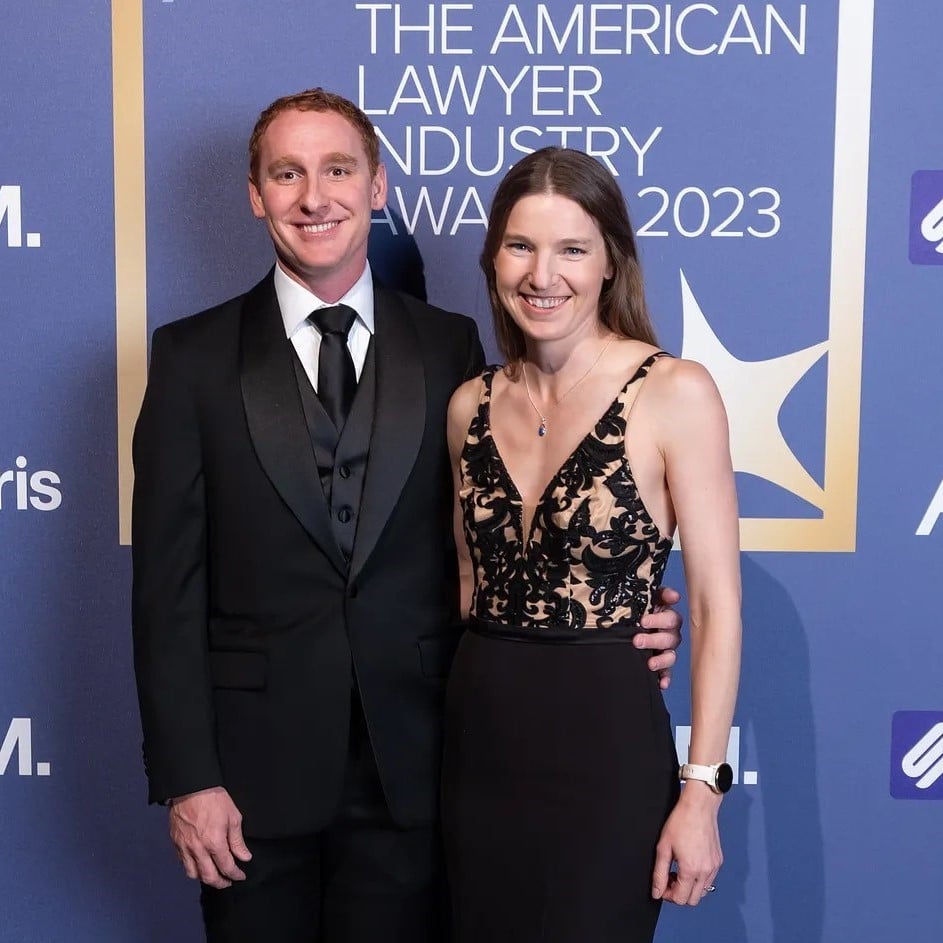
LOS ANGELES – June 30, 2016 – This morning, the U. S. Supreme Court released its opinion in Merrill Lynch, Pierce, Fenner & Smith, Inc. v. Manning, No. 14-1132, a closely-watched securities case. By a vote of 8-0, an investor group seeking to pursue state law securities claims in New Jersey court prevailed over the vigorous objection of several major financial institutions led by Merrill Lynch. Whether securities claims will be heard in federal or state court has been hotly disputed for decades, with each side trading significant legislative and court victories.
SUMMARY OF THE CASE: FEDERALISM V. UNIFORMITY
The legal question presented by Manning is one of extraordinary importance for states and the investing public. This dispute arose when a group of investors sued major financial institutions in state court for violations of New Jersey law. The suit alleged that the defendants’ intentional market manipulation precipitated a loss of over $800 million in investor value. Led by Merrill Lynch, the financial institutions argued that the case must be litigated in federal court because the investors allegations pertained to “naked short selling,” a subject regulated by the federal securities laws.
State regulators supported the investors and urged the Justices to keep the case in state court. The North American Securities Administrators Association—an organization consisting of securities officials from all fifty states, Canada, and Mexico—argued that state courts must have “sovereign power to adjudicate cases that arise under their own laws.” The dispute was “fundamentally . . . about federalism,” the regulators noted.
The United States Chamber of Commerce, supporting Merrill Lynch, argued that the regulators concerns must yield to the need for uniformity. Allowing New Jersey courts to hear this case, the Chamber argued, “risks subjecting market participants to uncertain and conflicting state and federal obligations.” The Court sided with the investors and the states. It concluded that the federal legislation at issue, the Securities Exchange Act of 1934, did not strip state courts of the power to adjudicate their own laws. The lawsuit will now proceed in New Jersey court.
STATEMENTS FROM BOTH SIDES
Brendan Maher of Stris & Maher served as counsel of record for the investors. “This decision vindicates the right of states and their courts to hold financial bad actors accountable under their own laws. Federalism lives, and rightly so,” said Mr. Maher.
Merrill Lynch and the petitioners were represented by Jonathan D. Hacker of O’Melveny & Meyers LLP, a widely respected Supreme Court lawyer. According to papers filed by Mr. Hacker, “[t]he Exchange Act is not just another federal law subject to the usual principles of jurisdiction.” In order to “to protect the integrity and efficient operation of the market for nationally traded securities,” Mr. Hacker had argued, “Congress specifically restricted jurisdiction over cases like this to federal courts.” The Supreme Court disagreed.
“The federal government declined to appear at the merits stage,” commented Peter Stris, who argued the case for the investors before the Court last December. “That made it more challenging for Merrill Lynch to convincingly argue that the federal interest here was significant enough to modify long settled jurisdictional rules.”
It was the second major Supreme Court victory this Term for Stris & Maher, a boutique law firm that litigates high-profile business cases throughout the country. In January, the firm prevailed 8-1 in Montanile v. Board of Trustees of the National Elevator Industry Health Benefit Plan, No. 14-723. That case—which affects the rights of millions of American workers—was argued by Mr. Stris before the Court last November.
Later this year, Mr. Stris will argue his seventh case before the Supreme Court—a closely-watched class action (Microsoft Corp v. Baker, No. 15-457).
For more information, please contact Stris & Maher’s chair of appellate litigation Daniel Geyser at (214) 396-6634 or daniel.geyser@strismaher.com.








